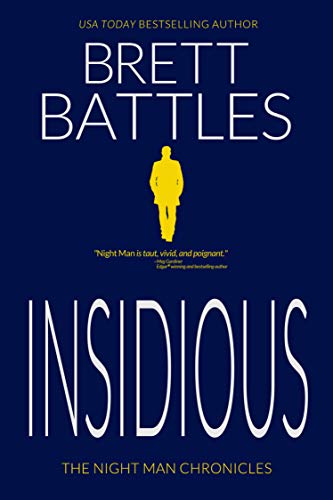
Yesterday I left you in breathless suspense, waiting to learn whether the second John Milton book by Mark Dawson was more satisfying that the first one.
I’m pleased to say that I liked this one, Saint Death, better, though I still have quibbles.
As you may recall, John Milton is one of those thriller heroes (the field’s getting a little crowded) who used to be an elite operative for a super-secret government agency. But his conscience overcame him, and he dropped out of sight. His old bosses do not accept this – the only way out of Group Fifteen is feet first. John, for his part, is on a personal quest to atone for his sins.
As Saint Death begins, John has successfully fled England, and is now in Juarez, Mexico, working as a cook. One day, some cartel gangsters walk into the restaurant and open fire at a group of three young people. John intervenes, saving the life of one young woman, and also of a couple cops who happen to be present.
With the (somewhat skeptical) help of one of the policemen he saved, John takes on the job of protecting the woman survivor, a journalist who has been operating a blog devoted to exposing the cartels. She is being hunted by a legendary assassin known as Santa Muerta – Saint Death. He’s the best, and his drug dealing bosses are sparing no expense to eliminate this woman. John has his work cut out for him.
But that’s not all. John’s old bosses have picked up his trail again, and they’re on their way to Mexico to bring him in.
The thing I liked about Saint Death, in contrast to the last book, The Cleaner, is that John is allowed a little more success. Most of the good and innocent people around him aren’t injured or killed this time. And courage and generosity are rewarded a little more. The writing, as before, is professional and good.
My main complaint is that the author bought the Accepted Wisdom that it’s possible to walk into an American gun show and just buy a firearm without a background check. People who believe that should try it sometime.
Cautions for language and violence.








